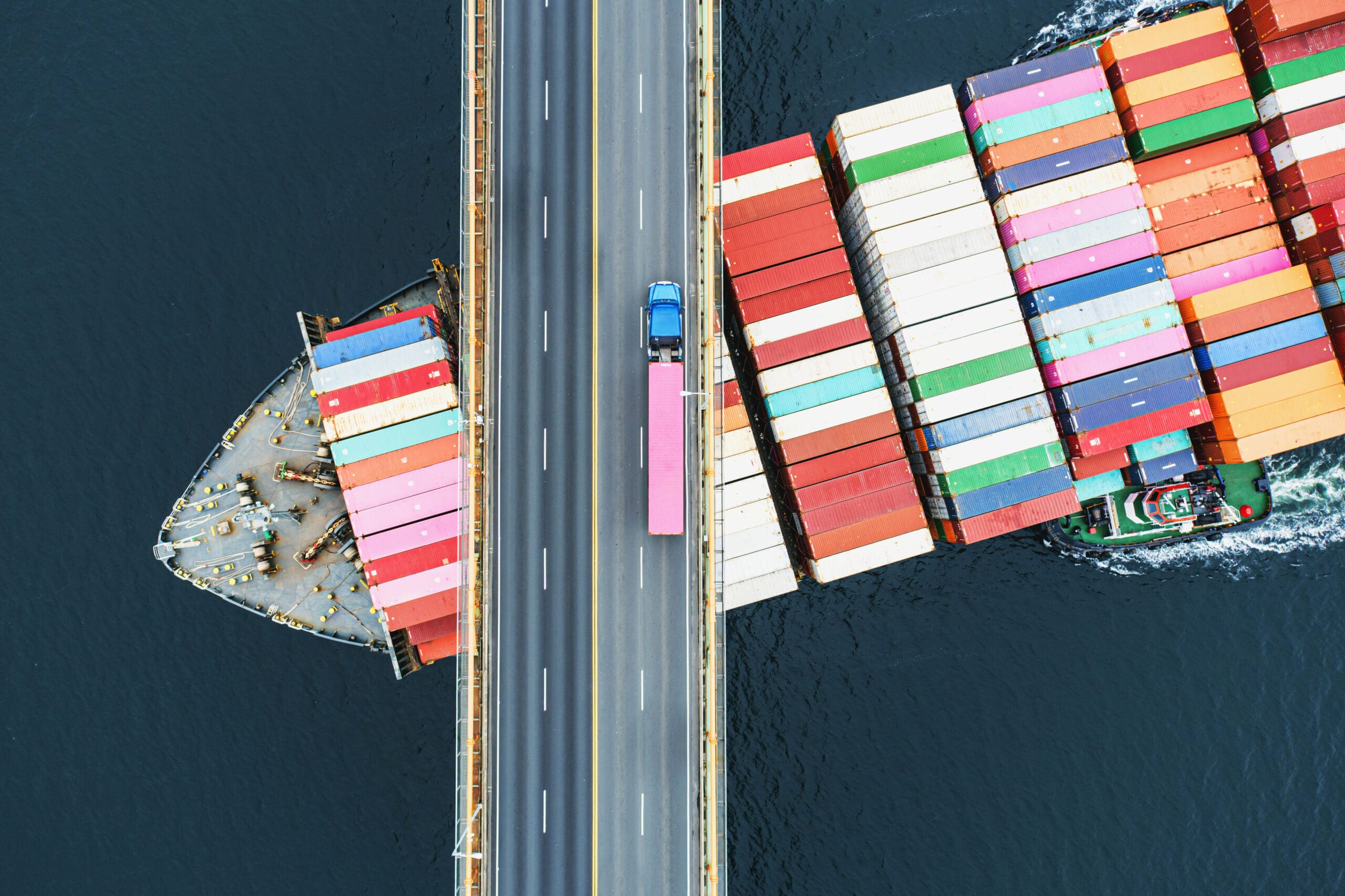Product Specification: Product specs are blueprints that describe exactly what the product will be, what it will look like, and what function it will perform. It includes the name, description, weight, measurements, colors and materials.
Components: A uniquely identifiable material or coating (including ink or dye) that is intended to be included as a part of a finished product.
Outer Packaging: A packaging that forms the outer protection of a composite or combination packaging, and includes any absorbent material, cushioning and other components used to contain or protect inner receptacles or inner packagings
Inner Packaging: A packaging for which an outer packaging is required for transport.

Shipping Marks: An identifying word, number or symbol placed on freight to designate the consignee, destination, weight and related information.
Critical Defects: Critical defects render an item completely unstable and/or could cause harm to the user or someone in the vicinity of the product.
SDS (Safety Data Sheets): Summary document that provides information about the hazards of a product and outlines aspects of the product such as safety precautions, handling and disposal procedures. SDSs are usually written by the manufacturer or supplier of the product. An SDS is formatted to conform to the UN’s Globally Harmonized System (GHS), which has a specific 16 section format.
MSDS (Material Safety Data Sheets): An MSDS is similar to an SDS, but does not necessarily conform to the UN’s GHS standard.
CE Mark: All products imported or sold in the EU must have a CE Mark. Affixing the CE Mark to a product indicates that it has been tested and meets the required Directives that apply.
Purchase Order: A purchase order (P.O. for short) is issued by the buyer or a client at the start of a business transaction. It documents the client’s expectations in regards to products or services required, the quantities in that order, and the total cost.
Invoice: An invoice is issued by the seller upon completion of the terms as outlined in the purchase order. It includes the previously agreed upon price they must pay now that the order is complete.
MOQ: Minimum order quantity. How much you have to order to secure the price from the supplier.
Deposit: Upfront cash payment required to book a production slot. Balance a cost normally payable when goods are ready FOB.
COGS: Cost of goods sold (COGS) refers to the direct costs of producing the goods sold by a company. This amount includes direct production costs including raw materials, labor to produce the product, and freight costs. It excludes indirect business expenses such as marketing and sales force costs.
FOB (Free on board): FOB indicates that the seller is responsible for getting the goods onto a ship designated by the buyer. At this point, the risk of loss passes from the seller to the buyer.







